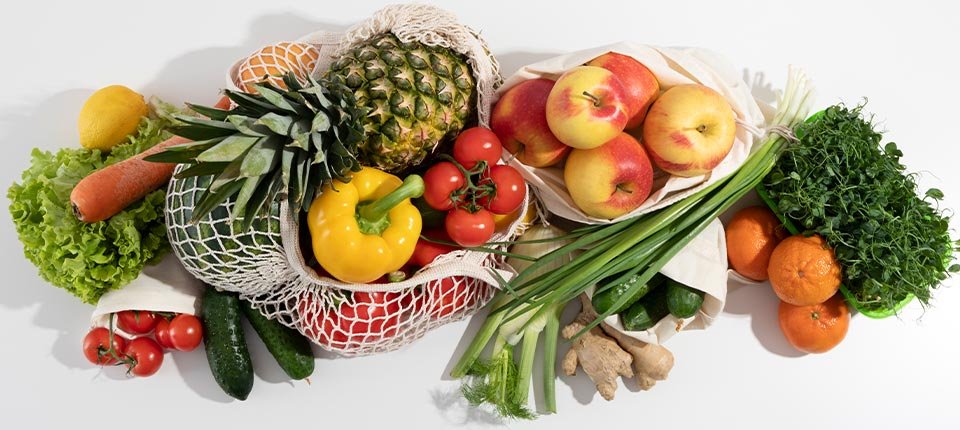Fasting with Diabetes During Navratri: A Safe and Spiritual Guide
As someone well-versed in the significance of religious fasting practices and their health implications, we recognize the importance of safely navigating spiritual journeys like Navratri, particularly for individuals managing conditions like diabetes. With the advent of Navratri, a widely celebrated festival involving fasting in many regions, it becomes crucial to ensure a balanced approach that promotes both spiritual fulfillment and optimal health.
In this blog, we aim to offer a comprehensive guide to fasting with diabetes during Navratri, empowering individuals to maintain their well-being while honoring their spiritual traditions.
Understanding the Purpose of Navratri Fasting:
Navratri, a nine-day Hindu festival dedicated to the worship of the goddess Durga, involves fasting as a form of spiritual purification and devotion. While fasting traditions vary, many individuals abstain from consuming grains, meat, alcohol, and certain other foods during this period. For individuals with diabetes, navigating these dietary restrictions while maintaining blood sugar control requires careful planning and consideration.

Key Considerations for Fasting with Diabetes:
- Consult with a Healthcare Provider: Before embarking on a fasting regimen, individuals with diabetes should consult with their healthcare provider to assess their overall health status and determine if fasting is safe and appropriate for them.
- Monitor Blood Sugar Levels: Regular monitoring of blood sugar levels is essential during fasting to ensure they remain within target ranges. It’s recommended to check blood sugar levels more frequently than usual, especially during the initial stages of fasting when dietary changes may have a significant impact.
- Stay Hydrated: Adequate hydration is crucial during fasting, particularly for individuals with diabetes who may be at increased risk of dehydration. Opt for water, herbal teas, and other non-caloric beverages to stay hydrated throughout the day.
- Choose Nutrient-Dense Foods: When breaking the fast, prioritize nutrient-dense foods that provide sustained energy and support blood sugar control. Include a balance of carbohydrates, protein, and healthy fats in your meals to help maintain stable blood sugar levels.
- Opt for Low-Glycemic Foods: Choose foods with a low glycemic index (GI) to minimize fluctuations in blood sugar levels. Examples of low-GI foods include vegetables, legumes, nuts, and seeds, which provide sustained energy without causing rapid spikes in blood sugar.
- Plan Balanced Meals: Plan well-balanced meals that incorporate a variety of foods from different food groups. Include plenty of vegetables, lean proteins, whole grains, and healthy fats to create satisfying and nutritionally balanced meals.
- Be Mindful of Portion Sizes: Pay attention to portion sizes to prevent overeating and ensure proper blood sugar management. Use smaller plates, eat slowly, and listen to your body’s hunger and fullness cues to avoid excessive calorie intake.
- Monitor Symptoms: Be vigilant for signs of hypoglycemia (low blood sugar) or hyperglycemia (high blood sugar) during fasting. Symptoms may include dizziness, weakness, sweating, confusion, and irritability. If you experience any concerning symptoms, break your fast immediately and seek medical attention if necessary.

Navigating Traditional Navratri Fasting Practices:
During Navratri, traditional fasting practices often involve consuming specific foods and dishes that are considered permissible according to cultural and religious customs. While these foods may vary regionally, common options include fruits, nuts, dairy products, and certain grains like buckwheat and amaranth.
For individuals with diabetes, it’s essential to be mindful of the carbohydrate content and portion sizes of these foods to maintain blood sugar control.
Incorporating a variety of low-GI foods, lean proteins, and healthy fats can help stabilize blood sugar levels and prevent fluctuations throughout the fasting period.

Fasting during Navratri can be a deeply spiritual and enriching experience, but it’s essential for individuals with diabetes to approach it safely and mindfully. By consulting with healthcare providers, monitoring blood sugar levels, making informed food choices, and practicing portion control, individuals with diabetes can navigate Navratri fasting with confidence and maintain optimal health while honoring their spiritual traditions.
We encourage individuals to prioritize their health and well-being during this auspicious time, ensuring a harmonious balance between spiritual devotion and physical wellness.



